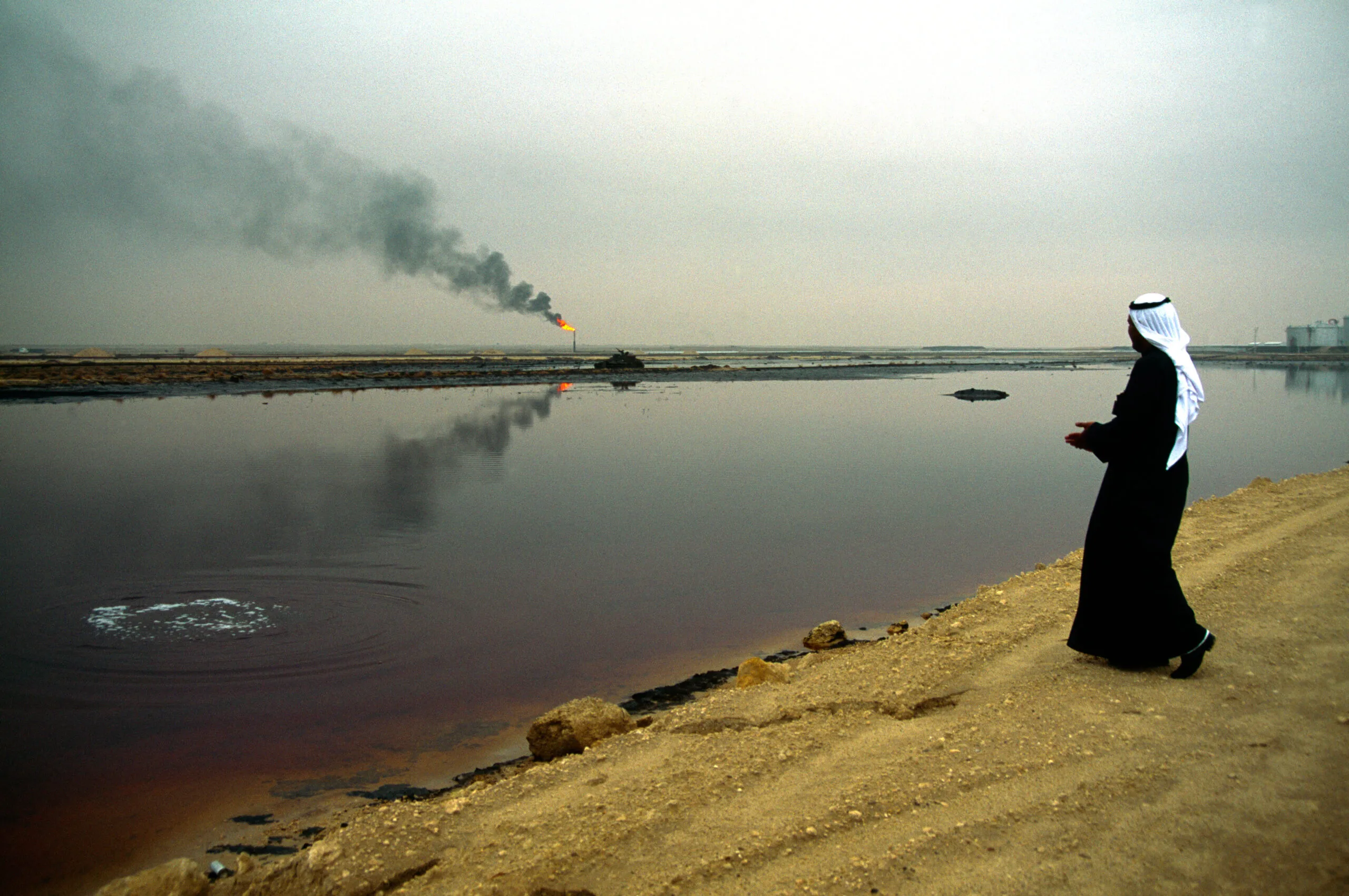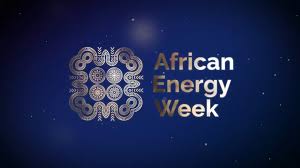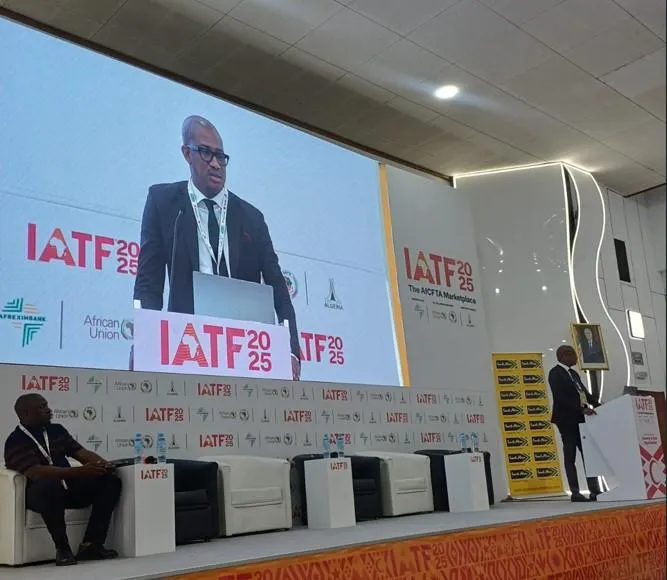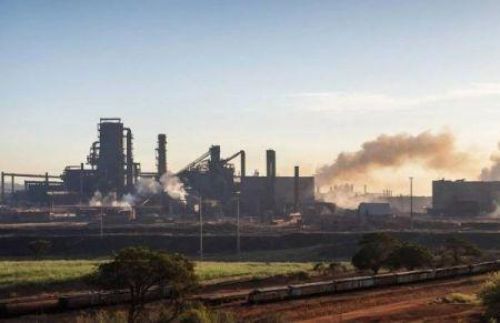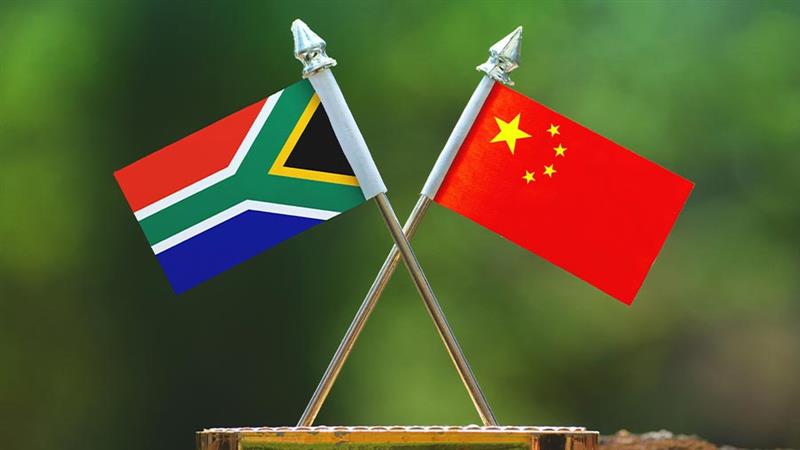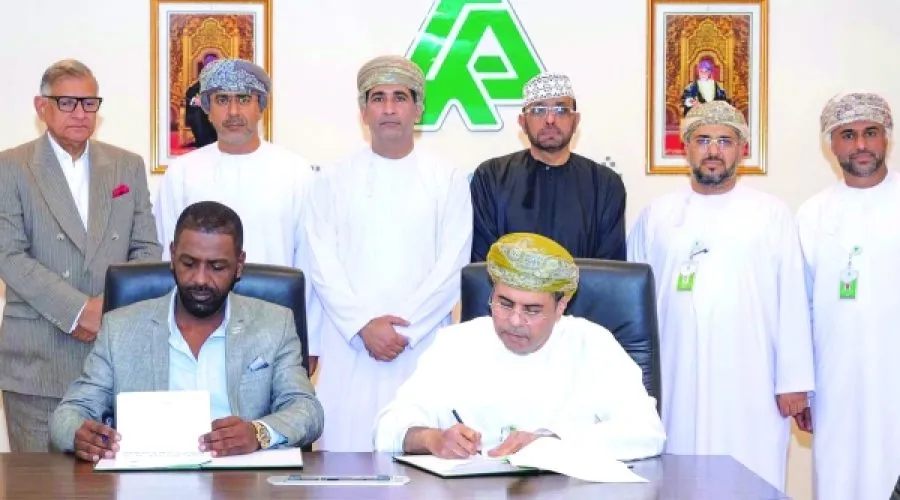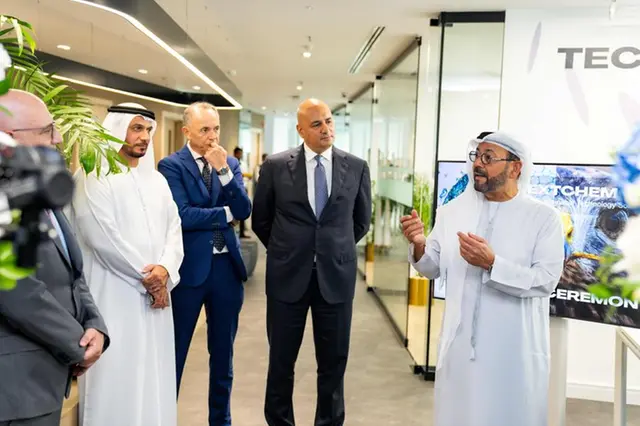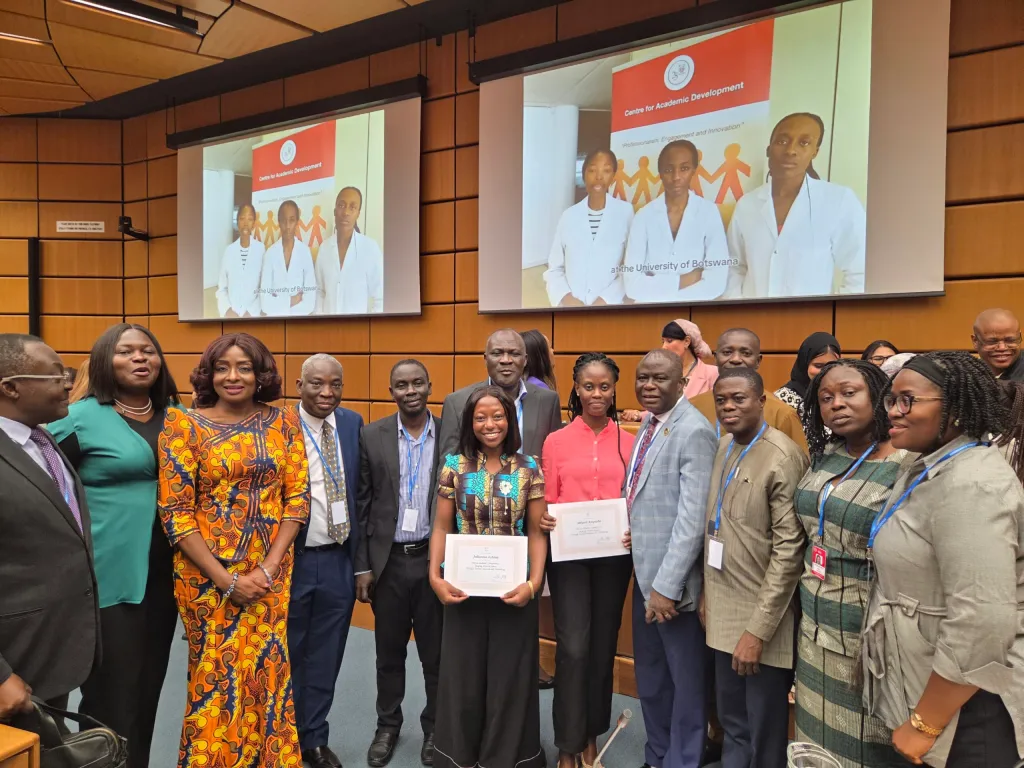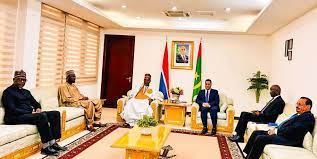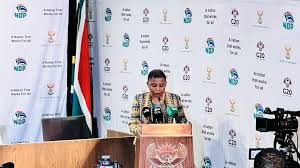Energy Other

Why South Africa’s COP30 message must put energy security at the core of climate ambition
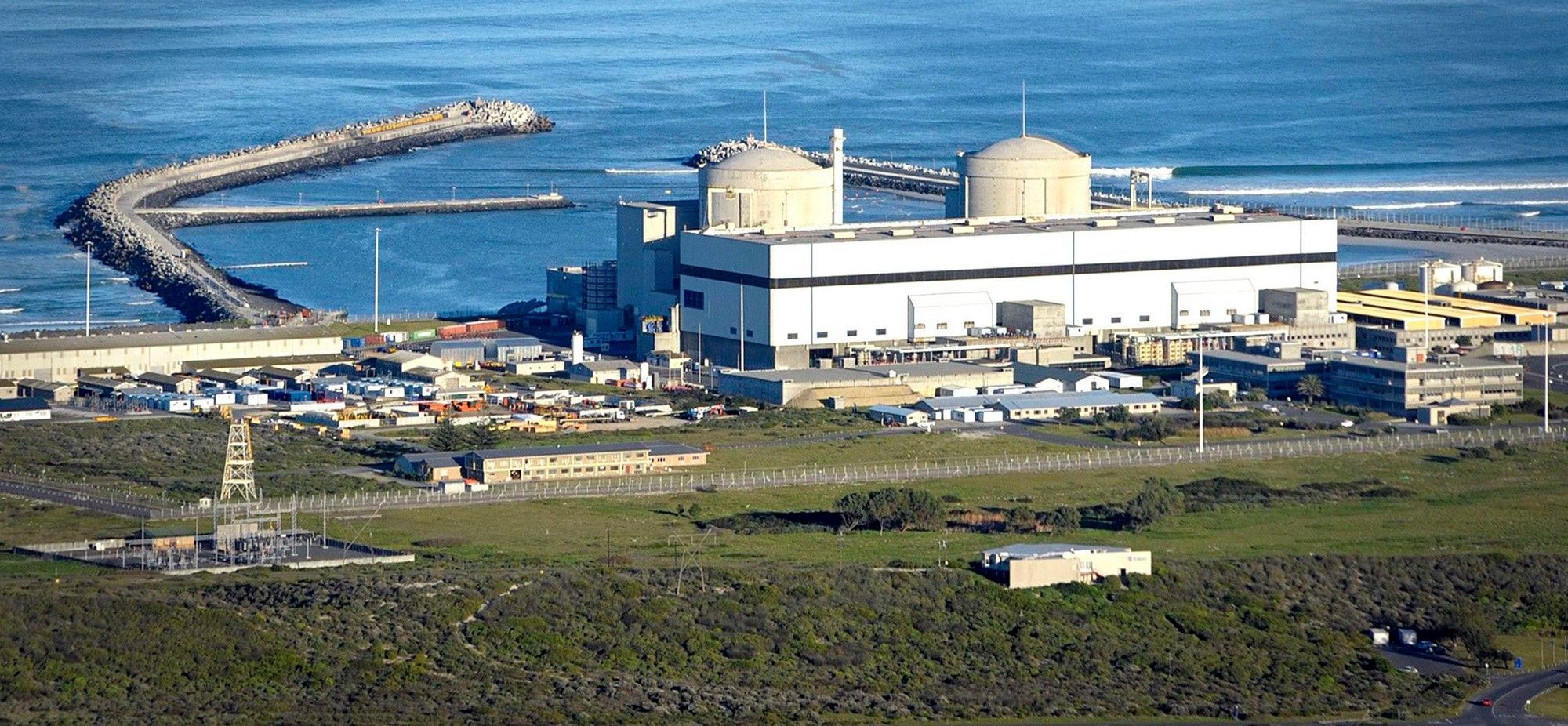
In the energy sector, we know one truth too well: you cannot industrialise in the dark.
For too long, South Africa’s economic aspirations have flickered under the weight of an unstable power system. Factories stall, investors hesitate and young entrepreneurs fight to keep their doors open through blackouts.
As the world prepares for COP30, which will take place from 10 – 21 November 2025 in Belém, Brazil, South Africa has a rare opportunity to reset the conversation – to prove that climate responsibility and industrial growth can coexist.
That conviction guided my message on behalf of the Black Business Council (BBC) at the National Ministerial Stakeholder Consultation hosted on 20 Octo ber 2025 by Minister Dion George of the Department of Forestry, Fisheries and the Environment (DFFE). Our call was simple but urgent: South Africa’s transition to a low-carbon economy must be balanced, bankable and business-driven.
Powering growth through balance
South Africa’s economy grew by just 0.6 percent in 2024, and only 0.8 percent in the second quarter of 2025, according to Statistics South Africa. Growth at this pace cannot create the jobs or revenue our nation needs. Energy insecurity remains the chief culprit, costing the economy billions in lost productivity each year.
To break this cycle, we must stop viewing climate policy and economic policy as separate debates. Energy is the heartbeat of both. The BBC’s position is clear: the transition must harness every viable technology – renewables, gas, nuclear and even coal – working together to deliver reliability, affordability and sustainability.
“You can’t build a modern economy on intermittent power alone.”
Frameworks must converge, not collide
South Africa already has the frameworks –the Integrated Resource Plan (IRP), the National Development Plan (NDP) and the Just Energy Transition (JET) Framework. But policies don’t power nations; implementation does. These strategies must align, speak to each other, and serve a single purpose: inclusive economic empowerment through energy security.
Our Green Finance Taxonomy, developed with the World Bank and IMF, should also evolve to include nuclear energy. Now that global financial institutions have lifted long-standing restrictions on nuclear financing, there is no justification for excluding a proven low-carbon, dispatchable technology from our investment criteria.
Nuclear’s real-world impact
Consider Koeberg Nuclear Power Station in the Western Cape – South Africa’s only nuclear plant. It provides nearly 2 000 MW of constant, carbon-free electricity, injects over R30 billion into the provincial economy annually and contributes more than R20 billion to national GDP. It prevents roughly 10 million tons of CO₂ emissions every year.
And abroad, Egypt’s El Dabaa Nuclear Project offers a powerful example of how major energy infrastructure can drive local industrialisation: more than 200 companies are involved, employing 34 000 workers.
If scaled responsibly, nuclear power in South Africa could create similar value chains, from engineering and construction to manufacturing and skills development, placing black-owned businesses at the heart of our energy economy.
Learning from global peers
A significant number of G20 member countries are investing in new nuclear power plants or extending the lifespan of existing ones. Some, such as Germany, are phasing it out. But many major economies – including China, France, India, the United States, the United Kingdom, South Korea, Japan and Canada – are actively reinvesting in nuclear as part of their Net Zero strategies. They understand that renewables alone, while essential, cannot provide around-the-clock baseload power.
South Africa must benchmark itself not only on climate ambition but on energy realism. Our power strategy should combine global best practice with domestic priorities – local jobs, industrial growth and technological independence.
A just transition must start at home
When the $8.5 billion Just Energy Transition deal was announced at COP26 in Glasgow, it promised to empower South African communities and businesses. Yet, three years later, much of that money has flowed to foreign entities, while local entrepreneurs – especially black-owned firms – remain on the margins.
That cannot be the model going forward. A truly just transition must ensure that every rand of climate investment strengthens South Africa’s productive capacity, not weakens it. It must create jobs here, build industries here and sustain livelihoods here.
“If the Just Transition is to be just, it must first be South African.”
Belém and beyond
When leaders gather in Belém this November, the world will debate how to accelerate decarbonisation without deepening inequality. South Africa must arrive with a message of balance, sovereignty, and inclusivity.
We will reaffirm our commitment to Net Zero by 2050, but on terms that ensure no South African is left behind. The BBC stands ready to collaborate with government, labour and industry to translate that vision into reality.
Energy is the lifeblood of progress. Business, particularly black business, is the muscle that keeps it moving. Together, they can turn our transition into a story not of constraint, but of opportunity.
South Africa’s journey to Net Zero must light up more than our cities. It must light up our future.
Princess Mthombeni known as “Princy” is an award-winning nuclear communicator, founder of Africa4Nuclear and a member of the Black Business Council’s delegation on climate and energy policy. She advocates for an inclusive, scientifically balanced and economically just energy transition across Africa.



